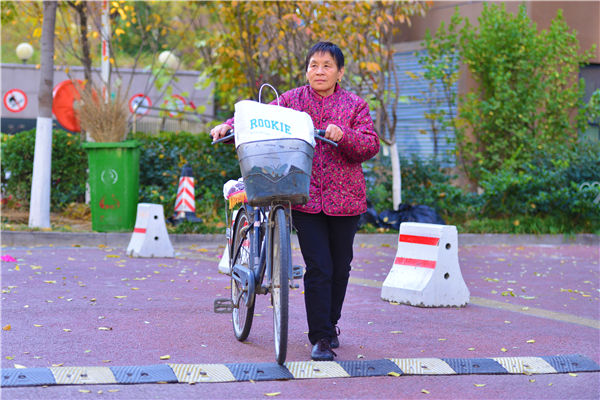Guarantee leaves many feeling shortchanged


Indeed, a popular jocular rhyme on the internet portrays the phenomenon vividly thus: mother born, laolao care, papa busy surfing the internet; laoye (maternal grandfather) circling around the vegetable market; nainai and yeye (paternal grandfather) dropping by with a smile. In the case of every laolao, they are so keen to help take care of the children because they love their daughter.
"The generation gap is a common problem," Liu says."It exists in every family, just as every family has problems, particularly in the mother-in-law/daughter-in-law relationship."
In real life, when the paternal grandmother takes care of the children, if there is a conflict with the mother, sometimes she badmouths the mother in front of the children, or even in front of outsiders.
But if the maternal grandmother takes care of the child, this is unlikely to happen. Laolao is likely not only to take care of the child with gusto, but will usually enjoy a good relationship with the son-in-law, too. To ensure her daughter's marriage is happy she will keep her mouth shut even if she is feeling unhappy about things.
"Another bonus of children brought up by laolao is that they will learn to know to be grateful to their mother more, with laolao keen on educating the children about how difficult it is for his or her mother to give birth," Liu says.
However, Wan Qirong, a senior psychologist at Wuhan University's Renmin Hospital, says the root cause of this situation is a communication problem, not that maternal grandmothers are more likely to raise children better than paternal grandmothers. Accumulation of negative emotions can easily lead to escalation of conflicts and eventually make the whole family unhappy.




































